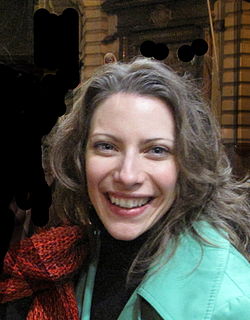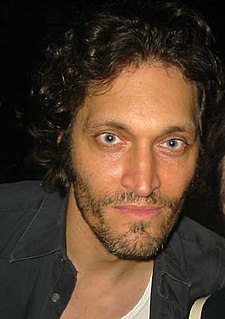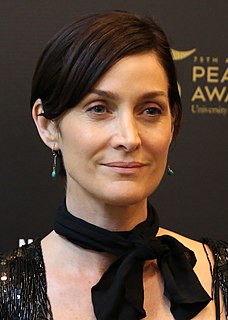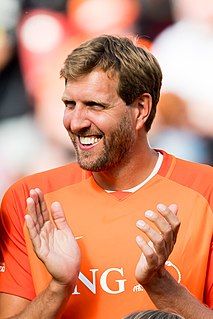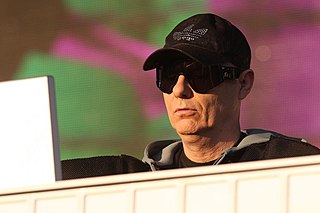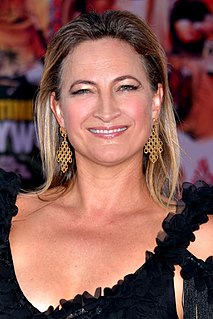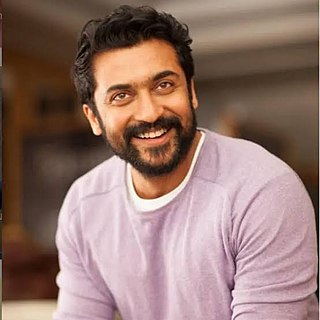A Quote by Sally Rooney
I try to keep my sentences quite pared back. What I really want to do is observe people's relationships and interactions. I don't want language to get in the way of that. It's quite a difficult process to achieve that, for the language to feel clear.
Related Quotes
Language designers want to design the perfect language. They want to be able to say, 'My language is perfect. It can do everything.' But it's just plain impossible to design a perfect language, because there are two ways to look at a language. One way is by looking at what can be done with that language. The other is by looking at how we feel using that language-how we feel while programming.
I didn't quite understand the DVD thing and why my husband was mailing it back. I couldn't quite wrap my head around it. But now that I'm deeply in, as a watcher of content, what a brilliant business model. As a consumer, it's empowering to choose what I want to watch and when I want to watch it. I have three small children, so I need that flexibility, in order to really get into a show. And being on a Netflix show, it's perfect timing. I feel so grateful.
Language leads a double life - and so does the novelist. You chat with family and friends, you attend to your correspondence, you consult menus and shopping lists, you observe road signs, and so on. Then you enter your study, where language exists in quite another form - as the stuff of patterned artifice.
That is a horrible thing in a way, but it is the one thing poets can bring back to experience, this intense focus on language, which activates words as a portal back into experience. It's a mysterious process that's very hard to articulate, because it's focused entirely on the material of language in a way, but in the interests not just of language itself whatever that would mean - that's the mistake, by the way, that so many so-called "experimental" poets make - but in service to human experience.
The trouble with audition process is, when you're an unemployed actor, it's the only time you get to act, and it can be quite fun. If you feel in control of the material and you feel that the people are pleased to see you and are excited by you auditioning for them, it can be a really rewarding process. But it can also be a very humiliating process.
When you speak a foreign language, you become someone else. If you aren't used to speaking a language, and you start speaking it again, for the first few sentences you'll find yourself in very strange shape, because you're still the person who was speaking the first language. But if you keep speaking that language, you will become the person who corresponds to it.



